STAGE 2: SEMIFINALISTS INSTRUCTIONS
SEMIFINALIST NOTICE: Due to a webhost error that caused the website to be only intermittently accessible over the past few days, some candidates have had trouble completing their research. To address this issue, THE DEADLINE HAS BEEN EXTENDED TO FEBRUARY 4th.
Bullet Points for Writing Your Essay
You are asked to expand your Proposal into a 2,500 word Essay. Your Proposal was selected because it already reflects an especially good understanding of this year’s topic and Question. Do not discard your original thoughts and ideas, but now make an in-depth argument that supports and enhances your thesis.
- Before you begin to write the 2,500 word Essay, it is important that you carefully consider any reviewer comments about your Proposal. These comments are meant to help you write a winning essay. Please look for the reviewer comments in your Author Portfolio (NOTE: Not all reviewers will provide comments).
- The Essay is different from the Proposal. Your Proposal was selected because the Committee believed that it was a good outline that had the potential to be developed into an even better essay. You want to do much more than simply re-state your argument. Explore and expand your ideas, the reasons for them, and the conclusions you have reached because of them.
- Substantiate these thoughts with specific examples. Although the vast majority of the proposals this year identified important areas of concern and personal interest, a number did not describe in any but the broadest terms how the authors hoped to become actively involved in helping develop solutions for these problems in their communities. Many of the problems are of such a scale, it is important to describe in some detail what you think and hope your specific contribution as an architect should and can be.
- Ask a friend to read your Essay before submitting it. Better yet, show it to two friends proficient in English: one, a fellow architecture student; the second, a person not familiar with the discipline or profession. Use their input to revise your draft. If you can prevail on them, ask them to read your revised draft. Ask them how your argument can be made clearer and the language more succinct – it always can be, whether English is your first language or not.
We ask that you include four (3) digital photographs of images from the Berkeley Prize website to help describe the content of your essay. One of these photos can be the image you already posted with your Proposal, but it needs to be re-posted. The photographs should be no larger than 1 MB, and be in .jpeg format. No more than the three photographs will be accepted. There is space provided at the end of the submittal form to upload the images. Space is also provided to number and short caption for each image. Do not assume that just because you have posted the photographs that your responsibility is reduced to carefully describe in words your ideas. To the contrary: use the illustrations to support and provide examples of the arguments you make in your writing.
Judging Criteria
Judging for the Essay Competition is on a numeric system. The members of the Berkeley Prize Committee are asked to evaluate each Essay in terms of the following criteria:
- Does the Essay address the Question?
- How creative, or creatively developed, is the Essay?
- Would the Essay be clear to a broad audience?
- How does the Essay rank in terms of writing style?
- How socially significant is the Essay?
Each Essay is given a score of 1 to 5 (5 being the highest). The top scoring Essays, usually seven or eight, become Finalists and will be sent to this year's Jury members.
MOST IMPORTANTLY: HAVE FUN AND GOOD LUCK!
Essays due any time before midnight, GMT, 1 February 2021
|
|
|
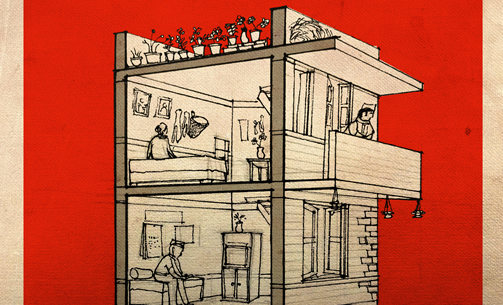 Nipun Prabhakar (BP 2014), Buddhi Bahadur’s House, Siddhipur, Kathmandu
Valley, Nepal (Undated) 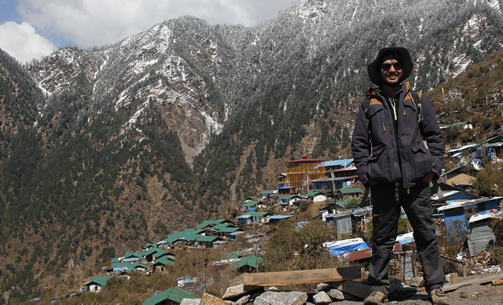 Nipun Prabhakar (BP 2014), Nunnery, Remote Himalayas, Nepal (2017) 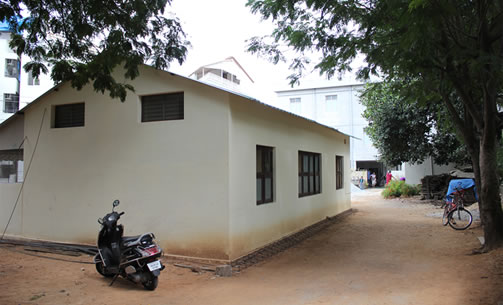 Aparna Ramesh (BP 2013), Cottage for Children, Bangalore, India (2015) 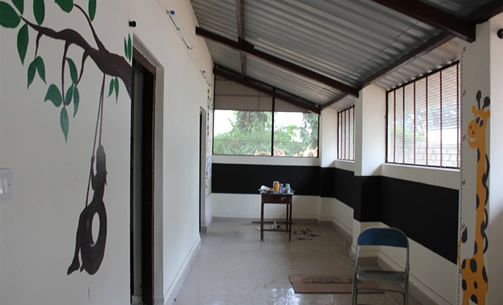 Aparna Ramesh (BP 2013), Cottage for Children, Bangalore, India (2015) 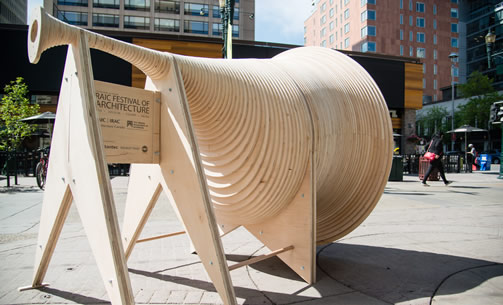 Holly Simon (BP 2011), Justin Loucks, Phil Wilson, Kevin Lo, The Public Speaker,
Calgary, Canada (2015). Photo Credit: Stenhouse Photography 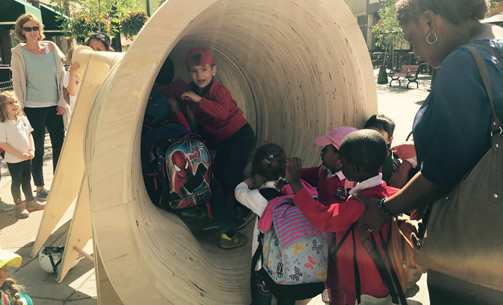 Holly Simon (BP 2011), Justin Loucks, Phil Wilson, Kevin Lo, The Public Speaker,
Calgary, Canada (2015) 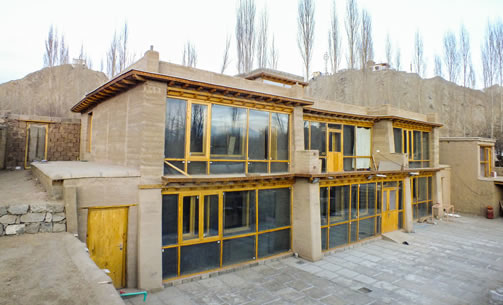 Neelakshi Joshi (BP 2009), Soso House, Ladakh, India (undated). Photo Credit: Sonam
Wangchuck 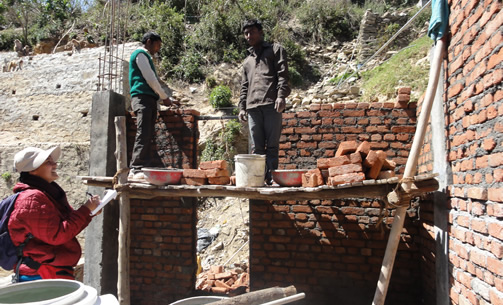 Neelakshi Joshi (BP 2009), Fieldwork at construction sites, Himalayas, India (undated) 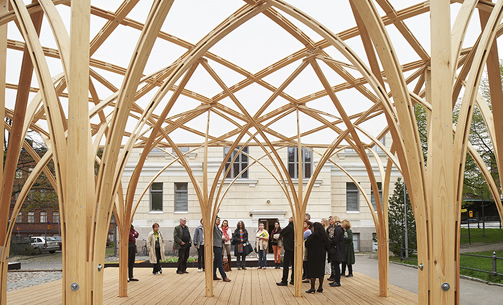 Philip Tidwell (BP 2003) and Peripheral Projects Studio, The Säie pavilion, Helsinki,
Finland (2015) 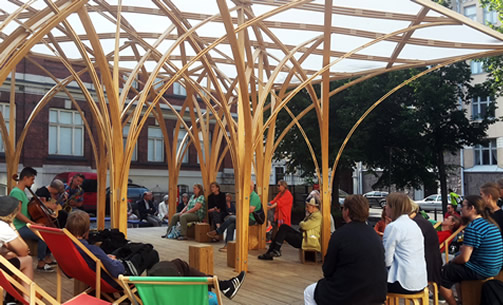 Philip Tidwell (BP 2003) and Peripheral Projects Studio, The Säie pavilion, Helsinki,
Finland (2015) 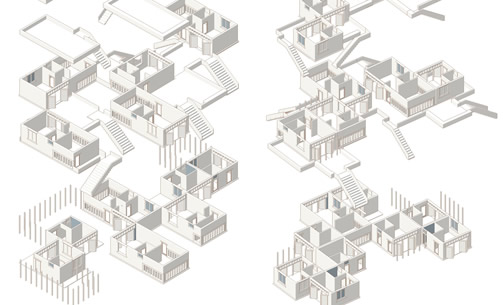 Tarun Bhasin (BP 2015), World Architecture Festival Student Charrette Entry (2016) 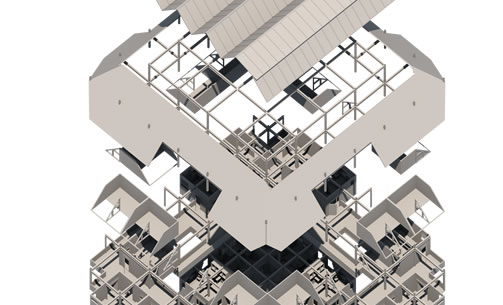 Tarun Bhasin (BP 2015), World Architecture Festival Student Charrette Entry (2016) 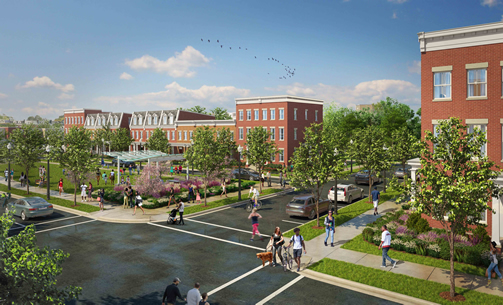 Delma Palma (BP 2014), a planned mixed-income development, Washington, D.C.,
USA (undated) 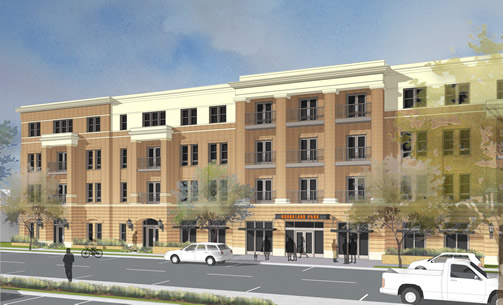 Delma Palma (BP 2014), an affordable apartment building, U.S.A. (undated) 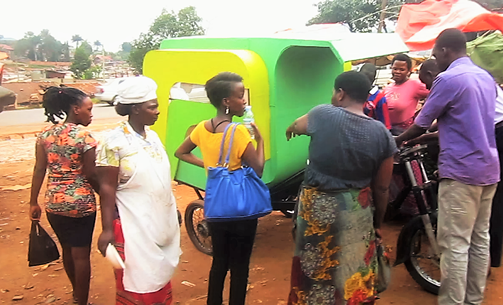 Ben Wokorach (BP 2013), Fruiti-Cycle First Prototype, Kampala, Uganda (2016) 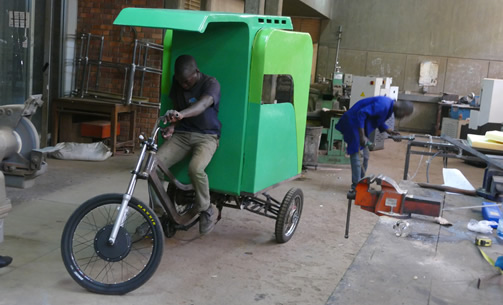 Ben Wokorach (BP 2013), Fruiti-Cycle Second Prototype, Kampala, Uganda (2016) 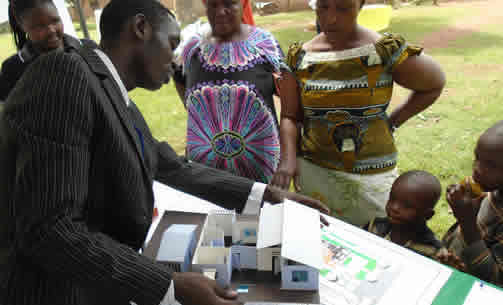 Andrew Amara (BP 2006), a workshop to engage local families in designing
affordable and sustainable shelter, Kampala, Uganda (2016) 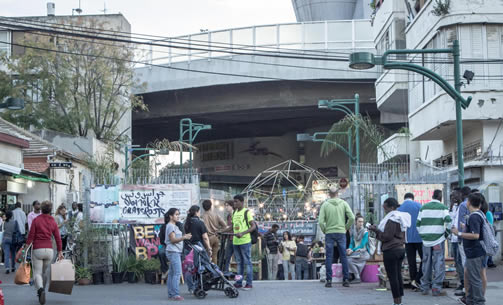 Robert Ungar (2010) and ONYA collective, a garden in a formerly abandoned entrance
to Tel-Aviv Central Bus Station, Tel-Aviv, Israel (2015) 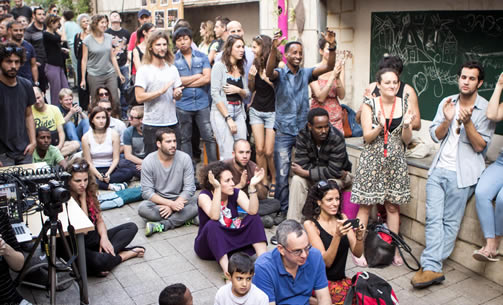 Robert Ungar (2010), Grassroots 2015, a community organized festival in ONYA
collective garden, Tel-Aviv, Israel (2015) 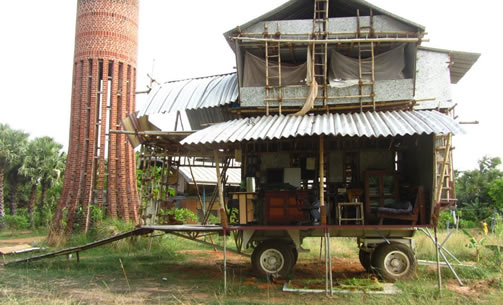 Avikal Somvanshi (2008), The Ladder House, New Delhi, India (2012)
|
|




















